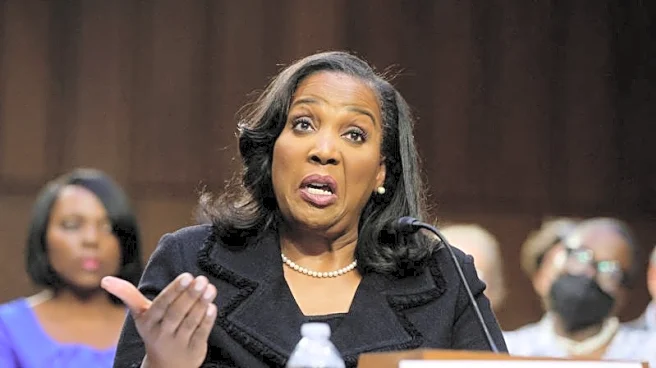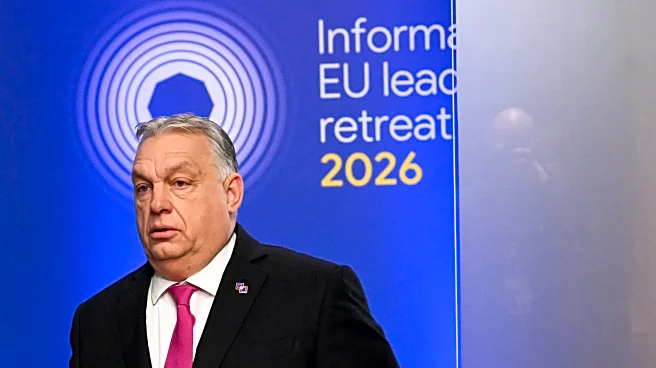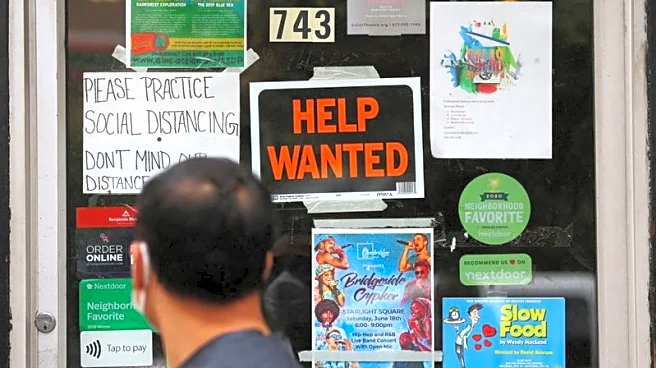By Michael S. Derby, Ann Saphir and Howard Schneider
(Reuters) -U.S. President Donald Trump on Monday took the unprecedented step of ordering Governor Lisa Cook removed from the Federal Reserve Board of Governors,
saying questions about the mortgages on properties she owns that are the subject of a criminal probe by his administration are sufficient cause for dismissal.
The Fed has long been seen as enjoying a privileged status, distanced from political interference by stipulations in the Federal Reserve Act that prevent a president from firing its leaders over policy disagreements.
But the Act does permit removal for "cause." But just what that means in the Fed's case is unclear and likely to be the focus of a legal challenge ultimately decided by the U.S. Supreme Court. Here's what is known - and isn't.
WHAT IS COOK ALLEGED TO HAVE DONE WRONG?
When Cook was an academic, she bought two properties in 2021 - one in Georgia and one in Michigan. The mortgage documents for both said they were each her primary residence - a declaration that typically results in a lower mortgage rate than a borrower can otherwise arrange. She has not provided an explanation, though she did say in a statement last week that she is "gathering the accurate information to answer any legitimate questions and provide the facts."
A FIRST
It is widely expected - but not known - that Cook will challenge her ouster, but no president has attempted to remove a Fed governor before, so just what follows from here is unclear. The Fed did not provide comment beyond her initial response to Trump's first threat to fire her in which she said she would not be bullied into resigning.
WHAT TRUMP SAID
In a "Dear Governor Cook" letter on Monday, Trump said he was removing from her position effective immediately, citing the Federal Reserve Act's "for cause" removal clause. "The American people must be able to have full confidence in the honesty of the members entrusted with setting policy and overseeing the Federal Reserve. In light of your deceitful and potentially criminal conduct in a financial matter, they cannot and I do not have such confidence in your integrity. At a minimum, the conduct at issue exhibits the sort of gross negligence in financial transactions that calls into question your competence and trustworthiness as a financial regulator."
WHAT THE FEDERAL RESERVE ACT SAYS
"Each member shall hold office for a term of fourteen years from the expiration of the term of his predecessor, unless sooner removed for cause by the President."
HOW IS 'FOR CAUSE' DEFINED?
Removal "for cause" is a standard normally understood to mean malfeasance, incompetence, or wrongdoing.
Kathryn Judge, a professor at Columbia Law School, said that definitions for such terms are typically written into an agency's governing statute, but that is not the case with the Fed. "We have very little case law on this issue…the Fed is one of the few where the language is not used….”
IS THE FIRING ATTEMPT LEGAL?
It's unclear.
Peter Conti-Brown, a scholar of the Fed’s history at the University of Pennsylvania, said he believes the central bank should come to the legal defense of Cook amid the large gray areas over whether the firing is even legal.
Conti-Brown said that while the law is unsettled, his interpretation of the Federal Reserve Act giving the president power to fire a central banker for cause likely pertains to their conduct on the job, not actions prior to confirmation and not things that happen in their personal life unrelated to work.
“These officials have been vetted by our President and our Senate, that means that all things that they had done during their times as a private citizen were already vetted,” Conti-Brown said. “So the idea that you can then reach back, turn the clock backward and say, you know, all these things that have happened before now constitute fireable offenses from your official position is to me incongruous with the entire concept of for cause removal.”
WHAT HAPPENS NEXT?
A Cook challenge to Trump's firing could end up in the Supreme Court. It is not known how the high court might rule, although in an opinion earlier this year in a case over Trump's firing of officials from independent labor boards, the Supreme Court signaled it views the Fed through a unique lens.
Lawyers for the fired officials had argued that allowing Trump's dismissals to stand would undermine legal protections for Fed policymakers.
"We disagree," a majority of justices said in the court's brief, unsigned ruling. "The Federal Reserve is a uniquely structured, quasi-private entity that follows in the distinct historical tradition of the First and Second Banks."
Meanwhile it's unclear how she would be removed from her position if she fights it. The Fed has its own security. A Fed spokesperson declined to comment.
(Reporting by Michael S. Derby, Ann Saphir and Howard Schneider;Editing by Dan Burns and Michael Perry)











